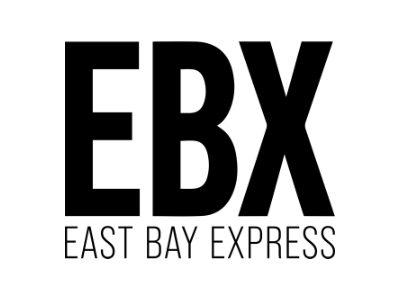Sponsored content by The Bazoom Group
The landscape of sports betting in the United States has undergone a profound transformation with the advent of digital platforms, evolving into a burgeoning online industry reshaping how Americans engage with sports. Americans have become more discerning due to the availability of extensive sportsbook reviews that underpin informed decisions. This article explores the multifaceted impact of online sports betting on the US market.
Economic growth and revenue generation
The legalization and expansion of online sports betting have boosted the US economy; as more states recognize the benefits of regulated betting, tax revenues have soared, contributing to vital public services and infrastructure. According to industry reports, billions of dollars in wagers are placed annually through online sportsbooks, generating substantial tax revenue. This alleviated budgetary constraints and provides a legitimate means of funding education, healthcare, and other essential programs.
Job creation and industry expansion
Online sports betting has created innumerable job opportunities across various sectors; from software development and customer support to marketing and data analysis, the industry’s growth has spurred demand for diverse skill sets. Sportsbooks—both traditional and online—have been on a hiring spree to meet the needs of this expanding market. Moreover, the demand for professionals with expertise in responsible gambling and player protection has led to the establishment of new positions dedicated to ensuring the well-being of bettors.
Technological advancements and user experience
Integrating technology into online sports betting has revolutionized how fans interact with sports. User-friendly interfaces, real-time updates, and intuitive mobile apps have elevated the betting experience. The convenience of placing bets from home or on the move has attracted a broader demographic of users, including those who might not have previously engaged. This surge in accessibility has also prompted a shift from traditional betting methods to digital platforms, further fueling the growth of the online sports betting market.
Changes in consumer behavior and engagement
Online sports betting has impacted how consumers engage with sports. In-game betting options have intensified viewer engagement and prolonged fan interest; spectators are now more likely to remain engaged throughout an entire game, with a vested interest in various outcomes beyond the final result. This phenomenon has increased viewership for sports events, benefiting both teams and broadcasting networks.
Conclusion
The impact of online sports betting on the US market is undeniable, spanning economic, technological and cultural domains. This growth has generated substantial revenue for state governments, fueling economic development and supporting vital public services. Job creation has been stimulated across diverse sectors, while technological advancements have transformed the user experience and expanded the reach of sports betting.


